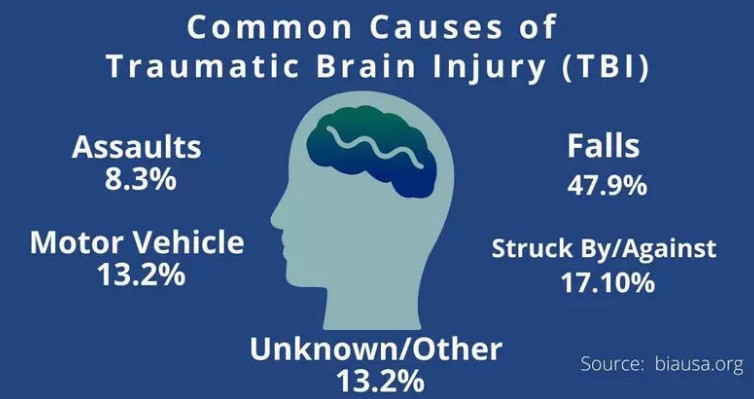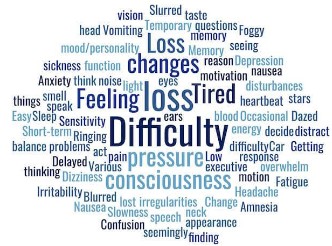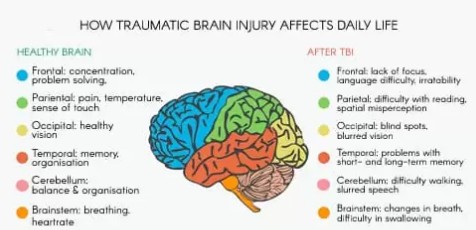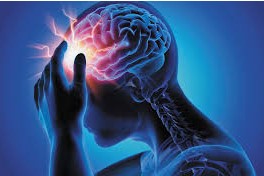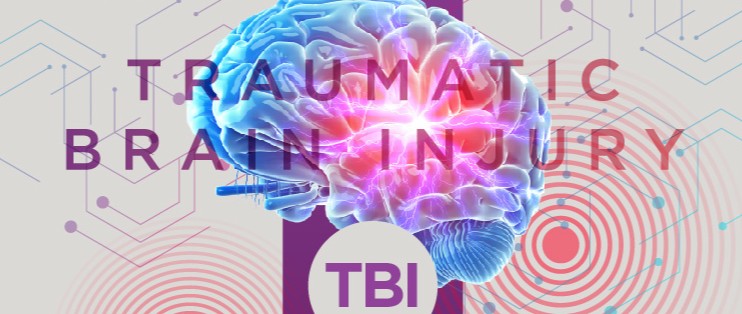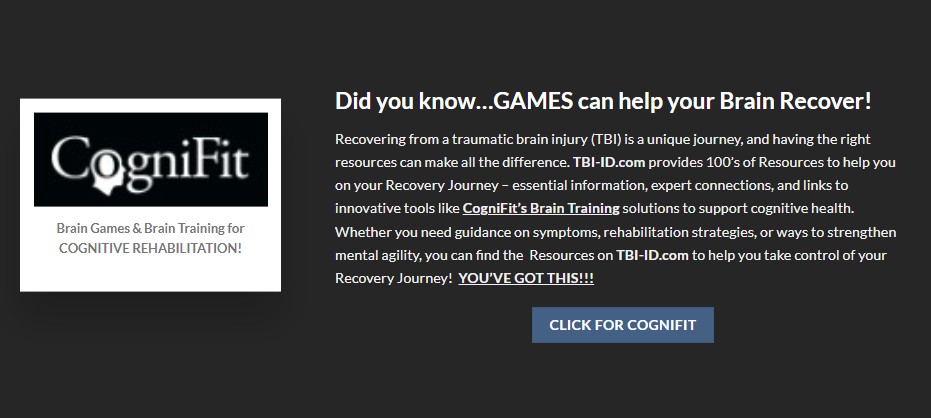Seniors and Traumatic Brain Injuries (TBIs)
As we age, the risk of experiencing a Traumatic Brain Injury (TBI) increases due to factors such as balance issues, vision impairment, and slower reaction times. For seniors, even minor falls or accidents can result in significant brain injuries that may affect their cognitive and physical abilities.
It is important to recognize the signs of a TBI and take preventive measures to protect the well-being of our elderly loved ones.
Seniors who sustain a TBI may face unique challenges in their recovery, including longer healing times and increased vulnerability to complications. Early detection and appropriate medical care are essential in minimizing the impact of a TBI and promoting a successful recovery. This section aims to provide valuable information and resources to help seniors and their caregivers navigate the complexities of TBIs and ensure a safer and healthier life.
Symptoms and Early Detection
One of the key factors in managing TBIs in seniors is early detection. Common symptoms to watch for include confusion, headaches, dizziness, blurred vision, and changes in behavior. It’s crucial for caregivers and family members to be vigilant and seek medical attention if these symptoms are observed after a fall or head injury.


